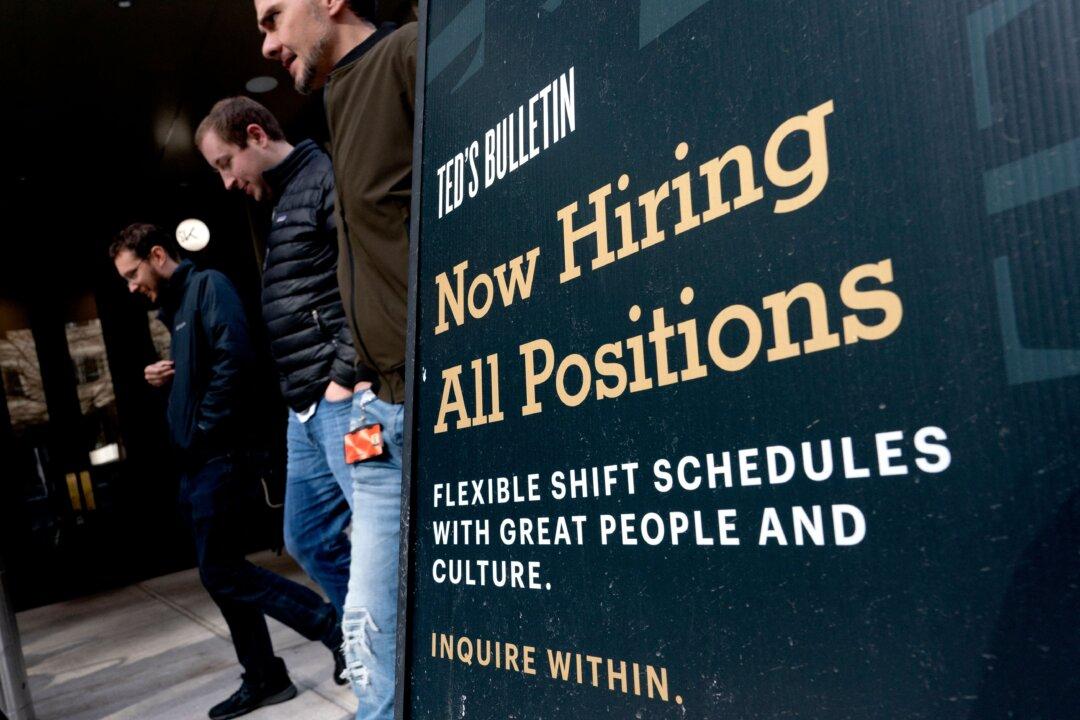As major corporations scale back their diversity, equity, and inclusion (DEI) hiring policies, a newly released survey says most Canadians also oppose these practices.
Fifty-seven percent of 1,539 Canadians polled responded no when asked if it’s important for employers to consider cultural background, such as racial or visible minority status, in hiring decisions, according to a Leger survey conducted for the Association for Canadian Studies.





